Taking “A Trip Down Memory Lane” On Our Electoral Commissioners In Ghana
Mrs. Charlotte Amah Osei has become the first woman to chair Ghana`s Electoral Commission following her appointment by President John Dramani Mahama in accordance with Article 70(2) of the 1992 Constitution. Mrs. Osei, the new EC “boss-lady” who replaces Dr. Kwadwo Afari Gyan was until her appointment the Chairperson of the National Commission for Civic Education NCCE) and a lawyer with considerable experience in public service management, institutional reform also has expertise in corporate law, banking, insurance, project financing and public-private partnerships. Already her appointment has been received by the civil society and political parties with mixed-reactions. Whilst the government and all political parties have sent her congratulatory messages, the minority parties mince no words in telling her role is supposed to be! The loud non-negotiable message to Mrs. Osei is “your duty and loyalty is to the people of Ghana.”
In the view of this I have made an attempt to recount the historical process that culminated in the appointments of individuals that have occupied the seat as Electoral Commissioners. I could not go into Nkrumah era but to start with the Second Republic since I could not get the name of the electoral commissioner who presided over the 1964 elections which falls within our national birth name, Ghana. However, the fact is that Presidential elections were held for the first time in Ghana on 27 April 1960. The elections were held alongside a referendum on creating an executive presidency. The winner of the election would become the country’s first President if the new republican constitution was passed (which it did). There were only two candidates in the election: Dr. Kwame Nkrumah, incumbent Prime Minister and leader of the Convention People’s Party (CPP) and Dr. Joseph Boakye Danquah of United Party (UP) and one of the Big Six. Dr. Nkrumah and his CPP won the elections with 1,016,076 votes, representing 89.07 per cent whilst Dr. Danquah, popularly known as the “doyen of Gold Coast politics” and his UP had 124,623votes, which represents 10.93 per cent.
In this write-up I have provided the list starting from 1969 below:
ELECTORAL COMMISSIONERS 1969-2015
Justice V.C.R.A.C Crabbe 1969-1972 (lawyer/judge)
Chief Justice Isaac Kobina Abban 1977-1978 (lawyer/judge)
Justice Kingsley-Nyinah 1978-1982 (lawyer/judge)
Mr. Justice Ofori-Boateng 1992-1993 (lawyer/judge)
Dr. Kwadwo Afari Gyan 1993-2015 (Political Scientist)
Ms Charlotte Osei 2015- (lawyer)
After the overthrow of Dr. Kwame Nkrumah, the military junta of the National Liberation Council (NLC) led by General Joseph Arthur Ankrah and General Okatakyie Akwasi Amankwaa Afrifa put up plans for a new electoral body to usher the country back to civilian regime. As a result a Commission was appointed on 22nd December, 1966 by the Electoral Commission instrument, 1966 (E.I 183) issued under section 1 of the Commission of Enquiry Act, 1964 (Act 250) and was inaugurated on the 17th January, 1967. The sixteen (16) member Commission was chaired by J. B Siriboe which became known as the Siriboe Commission. Justice V.C.R.A.C Crabbe, an Appeal Court Judge was duly appointed as an Interim Electoral Commissioner and a sole Commissioner. The IEC conducted the 1969 presidential and legislative elections in tandem with the electoral system captured in the Siriboe Commission’s recommendations. Justice Crabbe headed IEC until the military putsch led by General Ignatius Kutu Acheampong chased him away into hibernation in 1972.
The Acheampong-led Supreme Military Council (SMC) 1 re-established the Electoral Commission under SMCD 114 of 2nd August 1977 and appointed Mr. Justice Isaac Kobina Abban (he was later appointed as Chief justice by President Rawlings) as the Electoral Commissioner and Mr Addoquaye McGranky Quaye as the Deputy Electoral Commissioner. It was the first time the Provision for Deputy Commissioner was made under SMCD 132 of 17th September, 1977. The new Electoral Commission was mandated to conduct the 1978 referendum on 30th March 1978. The referendum was to determine the suitability of the hybrid system of government dubbed Union Government (UNIGOV) which was advocated by the Acheampong regime as replacement for party politics. In their zealousness to win the referendum and prolong their political office, threats and intimidation as well as pervasion of the rules were resorted to by the military advisers to the regime. Mr. Justice I.K Abban, the Electoral Commissioner, who conducted and supervised the referendum, boldly resisted all attempts and sheningans by the SMC 1 government headed by General I.K Acheampong to manipulate the outcome of the referendum. Abban who could be described as the bravest and smartest of all Ghana`s Electoral Commissioners since independence to date earned the accolade, “The Cat.” It was reported that when Acheampong`s regime summoned Abban to bring the result for manipulations, he clandestinely dived through the window of his office like a cat with his electoral results and escaped into one the Embassies in Accra to seek refuge.
After the smart, bold and brave “stubborn cat” Abban, came Justice Kingsley-Nyinah who took over as Electoral Commissioner from 1978 to 1982. He had the privilege of conducting the presidential and parliamentary election in 1979 to usher in the Third Republic. Kingsley Nyinah was the first and only Commissioner and his electoral body in the annals of Ghana`s politico-electoral history that was not accused of partiality. Every other commissioner has been tagged as either “corrupt”, “puppet to the government” or “anti-government.” Kinsley Nyinah earned his impartiality, mostly because the military government of the Armed Forces Revolutionary Council (AFRC) did not contest the elections nor backed any of the political parties unlike the 1969, 1992 and 1996 elections. In fact, that milestone of elections, all the political parties had a leveled playing field. The Electoral Commission, therefore, did not have any daunting task, but regulated, supervised and conducted free and fair elections.
As it was then in the DNA of military regimes, the Electoral Commission was abolished, right after Flight Lt. Jerry Rawlings headed Provisional National Defence Council (PNDC) successfully overthrow the Third Republican government led by Dr. Hilla Limann. Leaving no stone unturned, the 1979 Constitution was swiftly suspended and all political parties‟ activities banned by the military junta. Mr. Justice Kingsley- Nyinah went on indefinite leave in 1982 and his appointment was later terminated in that same year. In 1984, Mr. Justice Daniel Francis Annan, a retired Appeal Court Judge was appointed as the Chairman of the National Commission on Democracy (NCD). The PNDC government introduced its brand of Democracy based on participatory decision making, through decentralization.
As part of the PNDC transitional programme to return the country to multi-party democracy, fowling external pressures from development partners and international communities as well as internal pressure from civic and political advocacy groups, parties and the academia, the regime abolished the NCD. It then established the Independent National Electoral Commission (INEC) on 28th February, 1992 to usher the country back to democracy.
The INEC was an 11 member body made up of ten (10) men and one (1) woman. Mr. Justice Ofori-Boateng, an appeal court judge was appointed as the Chairman with Nana Oduro Numapau II, paramount chief of Ejisu in Ashanti Region and Dr. Kwadwo Afari Gyan as Deputy Chairmen in charge of Finance and Administration and Operations respectively. Justice Ofori-Boateng and his team conducted an incident-free referendum and successful elections in 1992. Justice Ofori Boateng bowed out after the 1992 elections to paved way for Dr. Afari-Gyan to conduct the 1996, 2000, 2004, 2008 and 2012 elections. So far, Dr Afari Gyan, holds the history as the longest serving Electoral Commissioner, and a non-legal practitioner (lawyer) to head the institution. He will be remembered for both the good and wrong by those ‘who hate to love him’ and ‘love to hate him’, but posterity will be the good judge of the man`s character, hard work and fortitude.
So welcome to the hot seat, Charlotte Osei. Be wary of both the government that appointed you and the opposition, for the seat is hot and riddled with constant suspicion from both incumbent government and the opposition. When incumbent government loses elections, it finds way to blame the EC and when the opposition also receives electoral uppercuts ending in defeat, EC receive huge blames. The situation has led to series lawsuits against the EC after every general elections held from 1992 to 2012. Both NPP and NDC as opposition parties have taken the EC to court after sustaining electoral technical knock-outs in major elections. These court-going has also bring positive results; it has improved the country`s electoral systems moving it from usage of primitive opaque wooden ballot boxes (in 1992) to transparent ballot boxes and our novel computerized biometric voters register and voting systems.
For the purposes of her own success, apart from her obligation to be manifestly seen to be fair, just, firm, and above all a judge, I proposing to Ms. Osei to follow recommendations succinctly put forward by Professor Mike Ocquaye in his Institute of Economic Affairs (IEA) paper “STRENGTHENING GHANA’S ELECTORAL SYSTEM: A PRECONDITION FOR STABILITY AND DEVELOPMENT” delivered in 2014. Prof Ocquaye said “Elections belong to the public. In the interest of transparency and peace, we should refer ourselves to the old Latin expression quod omnes tangit ab omnibus approbetur- ‘what concerns all must be approved by all.’ There should be a national project labeled: “The Public and National Elections”. The aim is to create a new public awareness and participation at all levels of national elections with particular emphasis on the legal regime. The end result will be a new public ownership that will deepen public trust and increase election legitimacy. Elections belong to the people and the old paternalistic approach by the EC should end. In this connection, the following are proposed:
- First, intensified public education in English and local languages on electoral processes, laws/regulations, Dos and Donts.
- Second, assurance to the public that all electoral officers are servants not masters.
- Third, that election offences are very grave offences which relate to the will of the people to decide who should rule over them and that offences should and will be punished. And that it is the duty of citizens to expose all offenders since such people threaten the very security of the nation.
- Fourth, the public deserve transparency at all stages of the electoral process from registration to declaration of results.
- Fifth, the EC’s National Collation Center should be a huge hall to accommodate EC officials, political party agents, representatives of Civil Society Organisations, observers, the media and other interested persons. Regional and District equivalents should be established to allow people know first-hand what is happening in Accra. For the benefit of the public, the media should be given all available information to transmit live all results once they are certified at the National Collation Centre.”
About the writer: Kweku Darko Ankrah is a media practitioner, researcher and senior staff writer at Ghana Business & Finance magazine. He can be contacted on email: ukewkokrad@gmail.com
This post has already been read 1369 times!
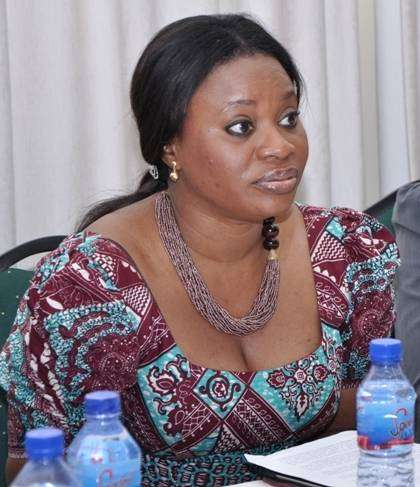
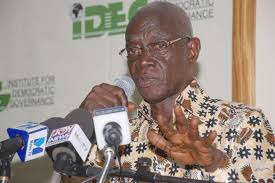
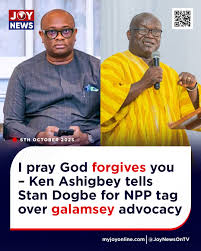
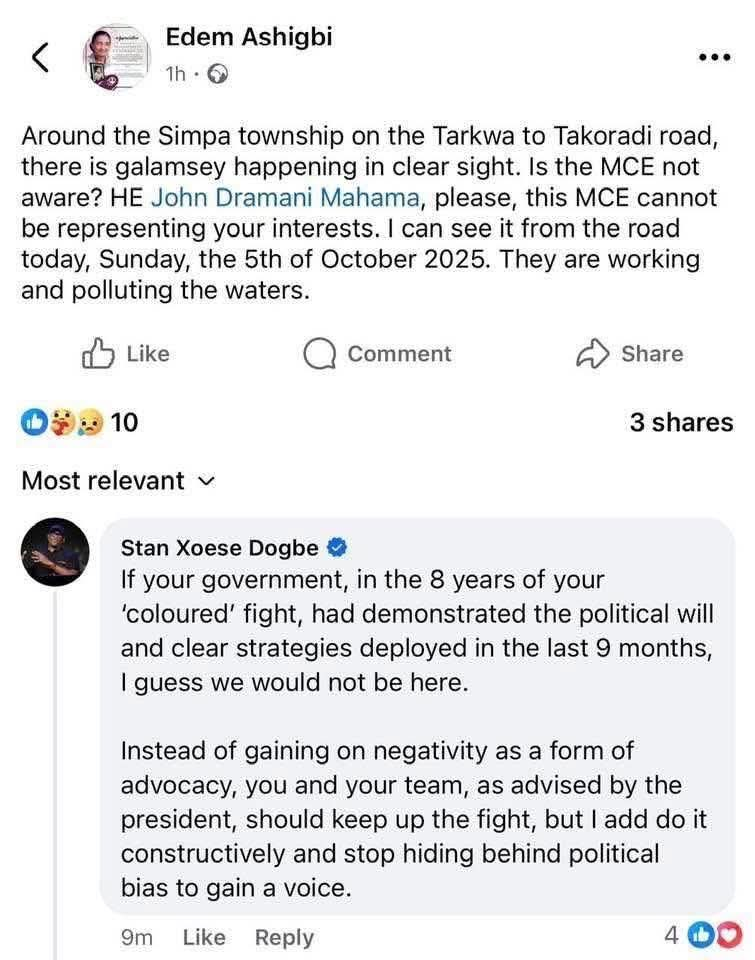
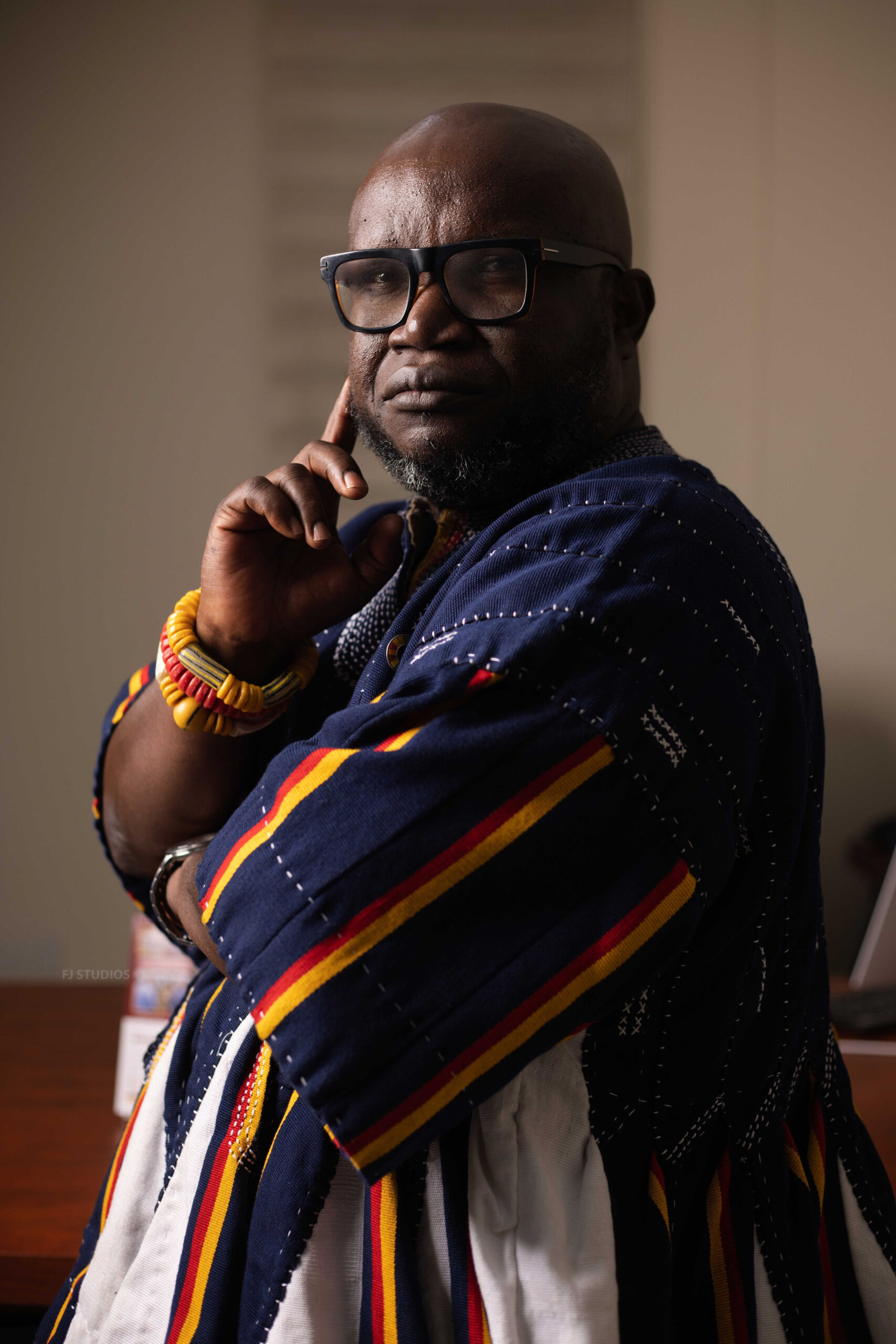
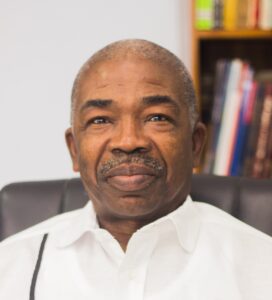
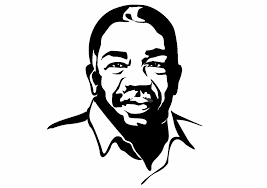

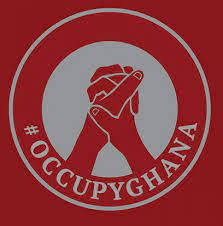

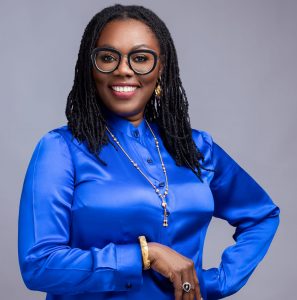

Post Comment